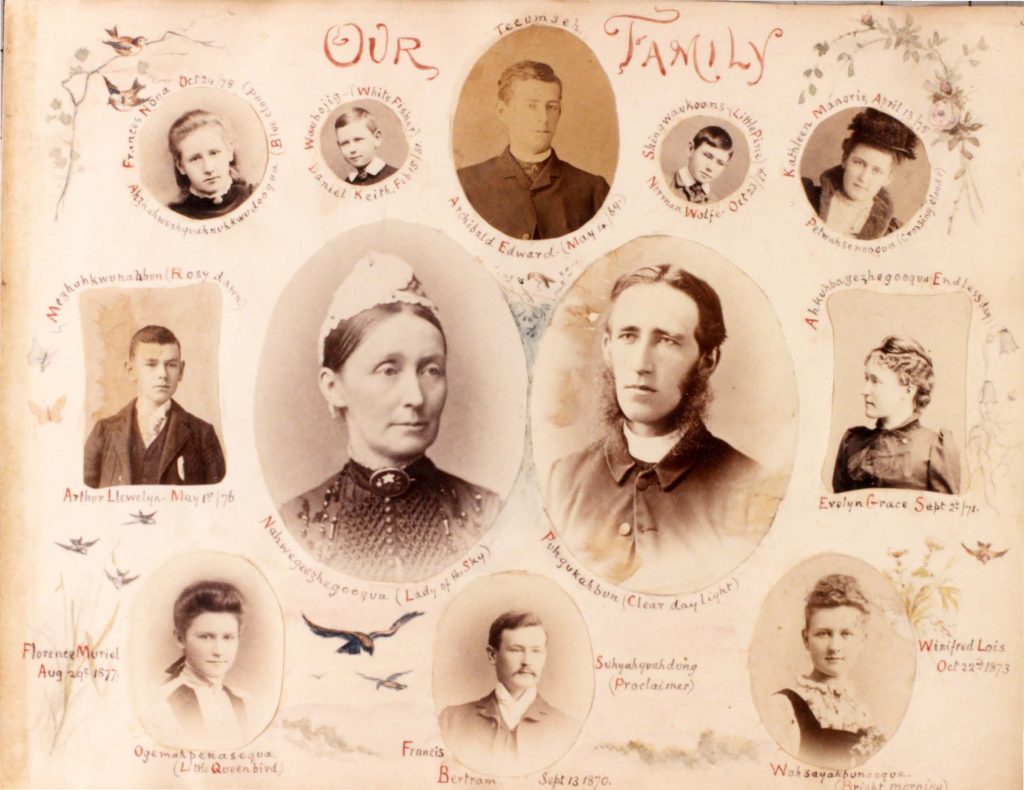12 Staff Qualifications and Retention
The Residential School system as a whole had a difficult time with hiring and retaining staff. Teachers and other staff members were often hired by the religious organization running the school rather than approved by any government body or policy (Truth and Reconciliation Commission, 2015). Because of this the focus was more on the person’s religious devotion rather than their teaching experience and qualifications. Pay was low and living conditions were often poor, leading to an extremely high turnover rate at schools across the country (Truth and Reconciliation Commission, 2015). Even in the early years of the system, Shingwauk and Wawanosh were not immune to these problems.
The First Lady Superintendent for Wawanosh, Madame Capelle, was hired because she expressed a strong desire for missionary work. After six weeks of working, she was fired in part for her lack of religious devotion. She did not like attending church and preferred to read the Bible alone rather than in a Bible class with her students, and the principle, Edward Wilson, felt that this was not appropriate for someone in this position. The third Lady Superintendent, Miss Carry, was hired because she was a clergyman’s daughter. Although these women had some experience working with children, Wilson was more concerned with their religious experience and feelings rather than how well they could teach the girls at Wawanosh
The pay at Shingwauk and Wawanosh was extremely poor. Staff were given a yearly salary of between $250-$350 depending on their position, which, considering inflation, comes out to less than $15,000 a year in today’s money. Two staff members, Adam Kiyoshk and Alice Wawanosh, left their positions as carpenter and cook at Shingwauk because they felt they could get better pay in similar positions elsewhere. This amount was brought even lower by the pay system Wilson used in an attempt to retain staff: he kept 10% of the pay back, intending to pay it out at the end of the staff member’s contract (generally 4 years). This however was not enough incentive, and between 1876-1879 almost no one stayed their full contract. Wilson himself also took a low salary, supporting a family of 11 on less than $30,000, and he complained that he could get twice as much if he went back to England.
While board was given in addition to salary, living conditions were not ideal, especially at Wawanosh. Miss Browne, the second Lady Superintendent, left her position because she found the job too lonely. She was the only staff member in the building, with the grounds couple often working outside and living in their own separate cottage. She was also expected to work seven days a week supervising the girls, with no time for her own pursuits and relationships.
Shingwauk may also have had a hard time in retaining staff because of the difficulty of working for the Wilsons. Edward Wilson often had arguments with his staff over the quality of their work and their desire for better pay (i.e. a higher salary without the 10% held back). Fanny Wilson may have been particularly difficult to work with, as Madame Capelle complained that she often lied and Mrs Coville, the Wilson’s laundress, was overheard complaining about her.
The lack of qualifications and retention of staff greatly affected the quality of the education the students received, contributing to the failure of Residential Schools as an education system.


